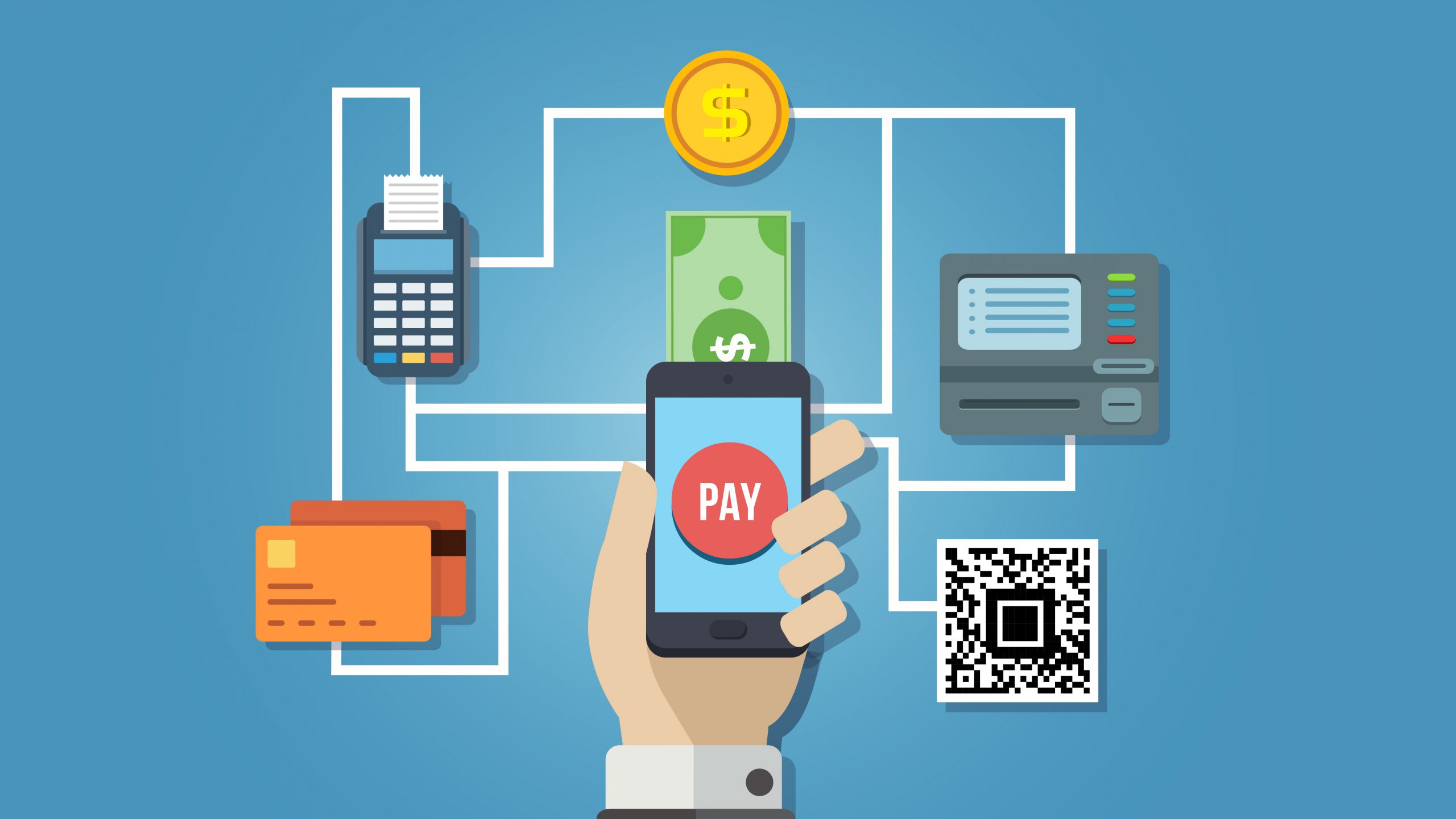Understanding Erotic Massage: A Comprehensive GuideUnderstanding Erotic Massage: A Comprehensive Guide
Erotic massage is a practice that combines sensual touch and therapeutic techniques to promote relaxation, enhance intimacy, and increase sexual pleasure. Often viewed as an intimate art form, it goes beyond the usual massage by focusing on the emotional and physical connection between the giver and the receiver, exploring sensual pleasure, energy exchange, and personal connection.
What is Erotic Massage?
Erotic massage involves the use of soft, gentle strokes and pressure applied to various parts of the body, with an emphasis on stimulating sexual energy and enhancing erotic feelings. While it can be a form of sexual release, it can also be a tool for fostering deeper connection, intimacy, and relaxation within a relationship. This type of massage is designed to awaken heightened sensory awareness, focusing on erogenous zones that are sensitive to touch and pressure.
Unlike a traditional massage, which primarily focuses on muscle relaxation and pain relief, an erotic massage incorporates a sense of seduction, emotional connection, and the exploration of sexual energy. It aims to create a safe, comfortable, and consensual environment where both parties can communicate and express desires, boundaries, and pleasures.
The Benefits of Erotic Massage
-
Increased Intimacy: Erotic massage can deepen emotional and physical connections between partners. The slow, deliberate touch allows individuals to open up, trust each other, and engage in intimate communication.
-
Enhanced Sensual Awareness: Through erotic massage, individuals can become more aware of their own bodies and those of their partners. It enhances sensitivity to touch, which can lead to more satisfying sexual experiences.
-
Stress Relief and Relaxation: Just like a traditional massage, an erotic massage can help reduce stress and induce relaxation. The deep, soothing touch can relax tense muscles and calm the nervous system, creating a sense of peace and tranquility.
-
Increased Sexual Pleasure: Erotic massage stimulates the erogenous zones of the body, leading to heightened sexual arousal and satisfaction. It can serve as a form of foreplay, building anticipation and enhancing the eventual sexual experience.
-
Building Trust and Communication: nuru massage hong kong is a deeply personal experience that requires trust, open communication, and mutual respect. It can help partners understand each other’s likes, dislikes, and boundaries, fostering a healthy sexual relationship.
Techniques Used in Erotic Massage
Erotic massage can incorporate various techniques to heighten sensual pleasure. Some of these methods include:
-
Sensual Strokes: These are soft, flowing strokes that cover the entire body, from head to toe. The goal is to stimulate the skin's sensory receptors, fostering a sense of relaxation and pleasure.
-
Kneading and Pressure: Like traditional massage techniques, kneading can be used to relieve tension in muscles, but with a sensual twist. Gentle pressure applied to the muscles and erogenous zones can increase arousal and relaxation.
-
Feather-light Touch: A very delicate, almost ticklish touch that increases sensitivity. It can be applied on sensitive areas like the inner thighs, neck, and behind the ears, arousing the body in subtle ways.
-
Slow and Deliberate Movements: Slow, deliberate massage techniques allow the receiver to relax into the experience, focusing on each touch and sensation. The pace builds anticipation and increases the emotional connection between the two individuals.
-
Focus on Erogenous Zones: These include areas such as the neck, ears, inner thighs, back, feet, and hands, where the body is particularly sensitive to touch. By focusing on these zones, erotic massage encourages heightened arousal.
Preparing for an Erotic Massage
Preparation is key to ensuring that the experience is enjoyable and safe. Here are some steps to consider:
-
Create a Comfortable Environment: Set the scene for relaxation by creating a calm, quiet, and comfortable space. Dim the lights, use soft music, and consider lighting candles or using incense to add to the mood.
-
Communication and Consent: Before beginning, make sure both parties are on the same page. Discuss boundaries, desires, and preferences. Consent is crucial in any intimate experience, and an erotic massage is no exception. Both partners should feel safe and comfortable.
-
Choose the Right Oils or Lotions: Aromatherapy oils or lubricants can enhance the experience, offering smoother strokes and adding to the sensory appeal. Choose products that are non-toxic and suitable for skin application.
-
Relax and Focus: Erotic massage is about creating a safe space where relaxation, trust, and connection are prioritized. Avoid rushing the process and focus on enjoying the experience. The more relaxed you are, the more sensual the massage will feel.
Erotic Massage and Emotional Connection
An often overlooked aspect of erotic massage is the emotional connection that it fosters. The act of massaging a partner’s body with tenderness and care can create a unique sense of vulnerability and openness. It can be a way to explore deeper levels of trust and intimacy, allowing both partners to experience an emotional bond that strengthens their connection.
Erotic Massage in Different Cultures
Throughout history, various cultures have embraced forms of erotic touch. For instance:
-
Tantric Massage: This ancient practice originates from Tantra, a spiritual and philosophical tradition that focuses on the union of body and spirit. Tantric massage involves slow, deliberate touch and breathing techniques designed to enhance sensual and sexual energy.
-
Lingam and Yoni Massage: Rooted in tantric traditions, this type of erotic massage focuses on the male (lingam) and female (yoni) genital areas, with the goal of awakening sexual energy and promoting pleasure.
-
Kama Sutra: The Kama Sutra is an ancient Indian text that not only discusses sexual positions but also delves into the art of erotic touch, including massage techniques designed to enhance pleasure and intimacy between partners.
Potential Risks and Considerations
While erotic massage can be a pleasurable and enriching experience, it’s important to keep in mind some considerations to ensure safety and comfort:
-
Consent: As with any intimate activity, clear, enthusiastic consent is paramount. Discuss boundaries and preferences before beginning the massage.
-
Hygiene: Cleanliness is crucial when engaging in any form of touch-based activity. Ensure that the space, hands, and oils or lotions used are clean and safe for the skin.
-
Physical Limitations: If one partner has physical injuries or health concerns, certain types of massage may not be appropriate. Always consider any medical conditions or physical limitations when planning the experience.
-
Mutual Respect: An erotic massage should always be based on mutual respect, with both partners prioritizing each other’s comfort and well-being.
Conclusion
Erotic massage is an intimate and sensual experience that blends physical pleasure with emotional connection. It offers numerous benefits, including heightened intimacy, stress relief, and increased sexual pleasure. Through careful preparation, clear communication, and a focus on consent, erotic massage can become a powerful tool for deepening connection and exploring new levels of intimacy within a relationship.


